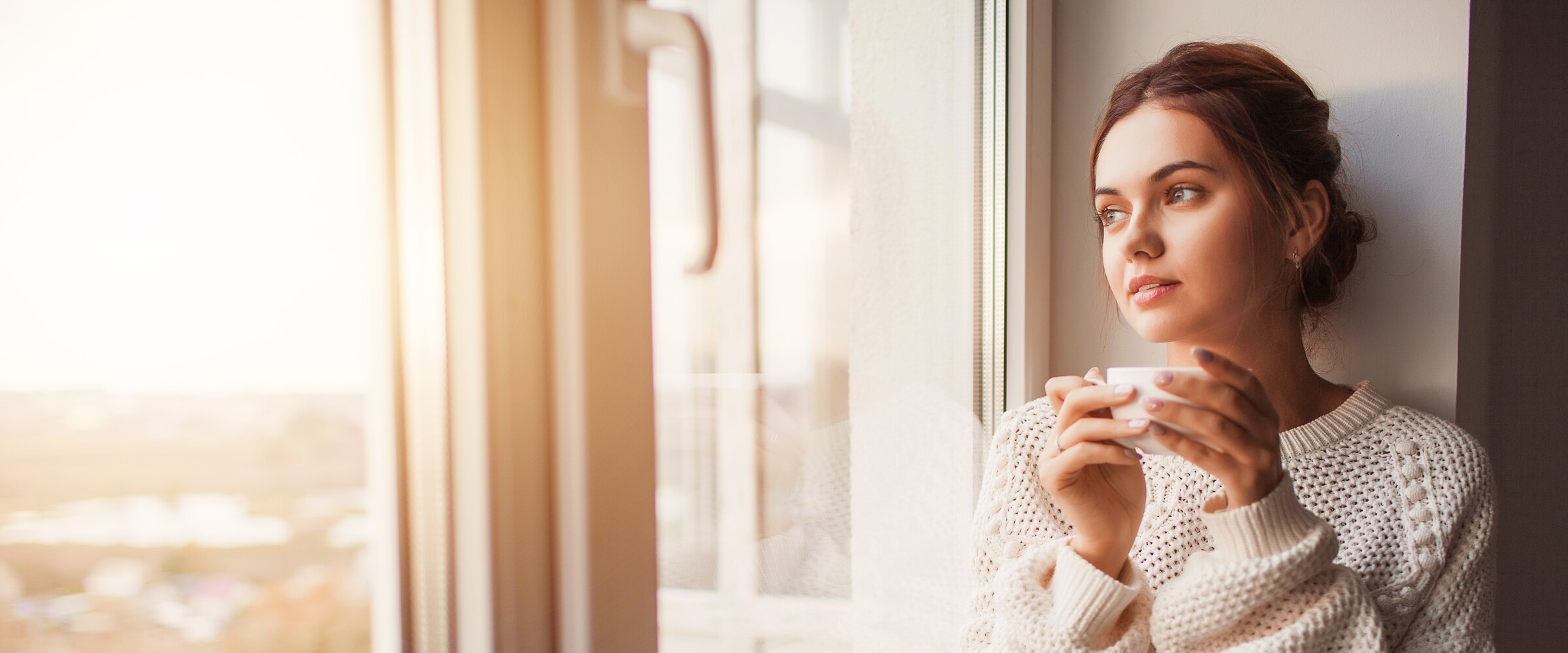
Fertility Preservation - Understanding Your Options
The recent news of Apple and Facebook offering female staff egg freezing to preserve their fertility has resulted in lively debates about its apparent pros and cons. But there’s no question that some women are interested in putting their fertility on ice.
At least two or three women a week come to see me to talk about their fertility options for the future. Many know they want to have children one day and they want peace of mind that they will have the best chance possible when they are ready.
The average age of the first time mum in Australia is now almost 31 so by choice or circumstance more women are having families later in life. I often find that’s because they feel they haven’t met the right partner yet, or they want to advance their career, travel or be financially secure first.
However a woman’s most fertile years are in her 20s and early 30s and as we head towards 40 egg quality and quantity declines. This is an unavoidable reality that means the older a woman is, the harder it becomes to fall pregnant.
As fertility specialists we are in the best place to explain the range of issues that will affect your fertility and put your options into perspective.
So what are your options to preserve your fertility for the future?
Understand your fertility potential
Initially it’s a good idea to have an AMH (Anti-mullerian hormone) test and ultrasound to find out exactly what’s going on in your ovaries. These simple tests will give you an idea of how many eggs and fertile years you have remaining. A fertility specialist can also assess your overall reproductive health and identify if you have any other conditions that could impact your fertility.
Consider freezing your eggs
One option is to put some eggs away for use in the future. A study from the UK and Denmark showed that one in five women considered egg freezing as part of their fertility planning.
Advancements in technology and the vitrification process mean that egg freezing is a real option and is a very reasonable thing for young women to consider doing.
Unfortunately most women don’t consider freezing their eggs until it’s too late. The ideal time to consider freezing your eggs is in your late 20s or early 30s when there are still likely to be a large number of healthy eggs in your ovaries. If possible a woman should aim to freeze at least 12 eggs before the age of 36 to give her more than a 50% chance of a live birth.
For women over the age of 38 I would not recommend egg freezing for social reasons as in my view, the egg quality at that age means the number of eggs required to achieve a pregnancy is not going to make it worthwhile. However, the only way to know what is right for you is to discuss your individual circumstance with a fertility specialist.
What if egg freezing is not an option?
If egg freezing is not an option due to your age, delaying motherhood further could significantly affect your chances of having a baby. But if like many of my female patients you haven’t met the right partner yet and you haven’t got the luxury of time on your side, I would recommend talking to a fertility specialist about other options which could include using donor sperm to start your family sooner.
Having two young children of my own and a busy private practice I understand the desire to have a career and family. Fortunately these days’ women don’t have to decide whether we want one or the other, we can have both. There’s no perfect time to start having children but it’s important to understand your fertility and the options available so you can make informed decisions when planning your family.
Read more: Egg Freezing with IVFAustralia, Fertility Preservation Services at Melbourne IVF, Egg Freezing in Queensland
